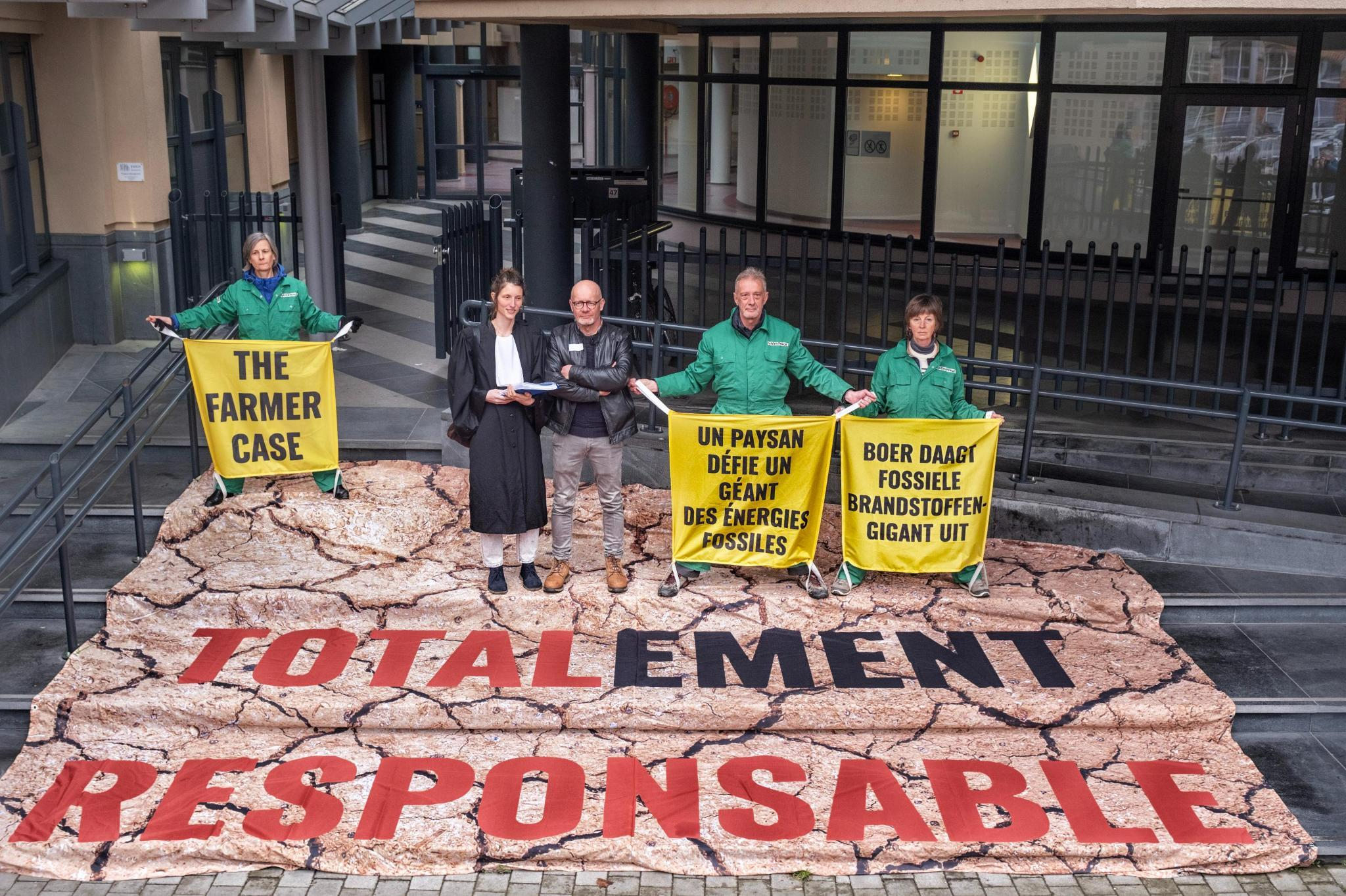
Belgian organic farmer sues TotalEnergies over climate change

A first for Belgium: Walloon farmer Hugues Falys is taking TotalEnergies to court for their responsibility in the climate crisis. It is the first climate case against a multinational in Belgium /thefarmercase.be
Belgian organic farmer Hugues Falys is taking TotalEnergies to court over the French oil company's role in climate change. This is the first


Comments
Ready to join the conversation?
You must be an active subscriber to leave a comment.
Subscribe Today